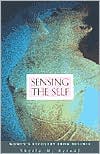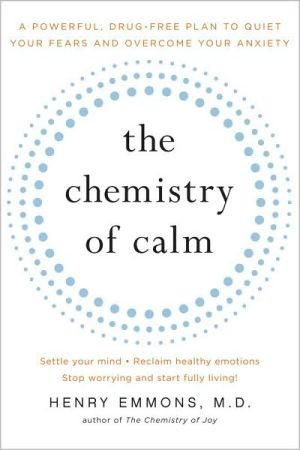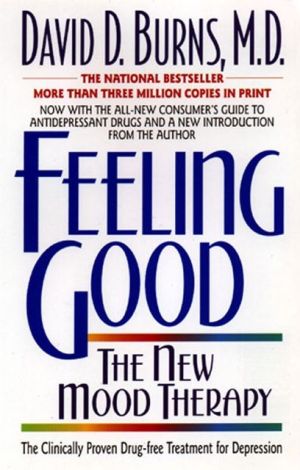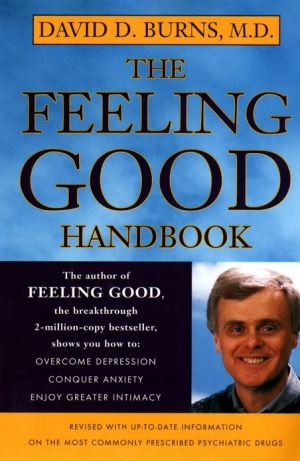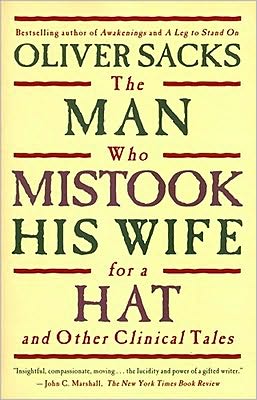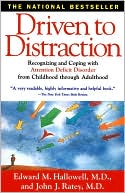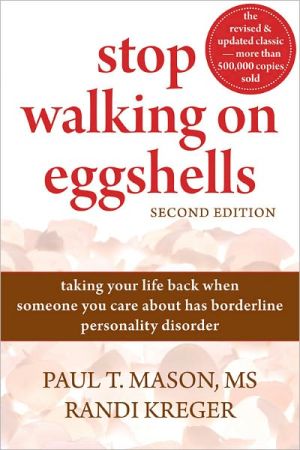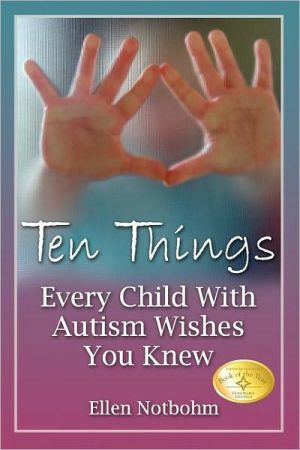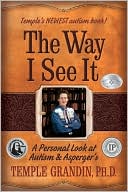Sensing the Self: Women's Recovery from Bulimia
Search in google:
Hearing about the destructive compulsion of bulimia nervosa, outsiders may wonder, "How could you ever start?" Those suffering from the eating disorder ask themselves in despair, "How can I ever stop?" How do you break the cycle of bingeing, vomiting, laxative abuse, and shame? While many books describe the descent into eating disorders and the resulting emotional and physical damage, this book describes recovery.Psychologist Sheila Reindl has listened intently to women's accounts of recovering. Reindl argues compellingly that people with bulimia nervosa avoid turning their attention inward to consult their needs, desires, feelings, and aggressive strivings because to do so is to encounter an annihilating sense of shame. Disconnected from internal, sensed experience, bulimic women rely upon external gauges to guide their choices. To recover, bulimic women need to develop a sense of self—to attune to their physical, psychic, and social self-experience. They also need to learn that one's neediness, desire, pain, and aggression are not sources of shame to be kept hidden but essential aspects of humanity necessary for zestful life. The young women with whom Reindl speaks describe, with great feeling, their efforts to know and trust their own experience.Perceptive, lucid, and above all humane, this book will be welcomed not only by professionals but by people who struggle with an eating disorder and by those who love them. R. Kabatznick - Choice In a field that is overflowing with theories and therapies, this book offers a useful set of tools and insights about bulimia. Reindl interviewed and studied 13 women who met the clinical criteria for bulimia nervosa. She found that these women had difficulty sensing self-experience. In order to improve and recover from their debilitating and destructive behaviors, they needed to engage in a process of self-discovery that involves nine key components. In addition to certain standard approaches, such as learning to listen to one's body, the author includes factors unique to working with this population...[Sensing the Self] provides a very good examination of the complex components and issues involved in this life-threatening illness.
Introduction1. Coming to Their Senses2. Sensing When Enough Is Enough3. Physical, Psychic, and Social Self-Experience4. Beauty and the Beast5. Learning to Sense Self-Experience6. Sensing Self through Relationship7. Sustaining Recovery8. ImplicationsAppendix: Research on RecoveryReferencesAcknowledgmentsIndex
